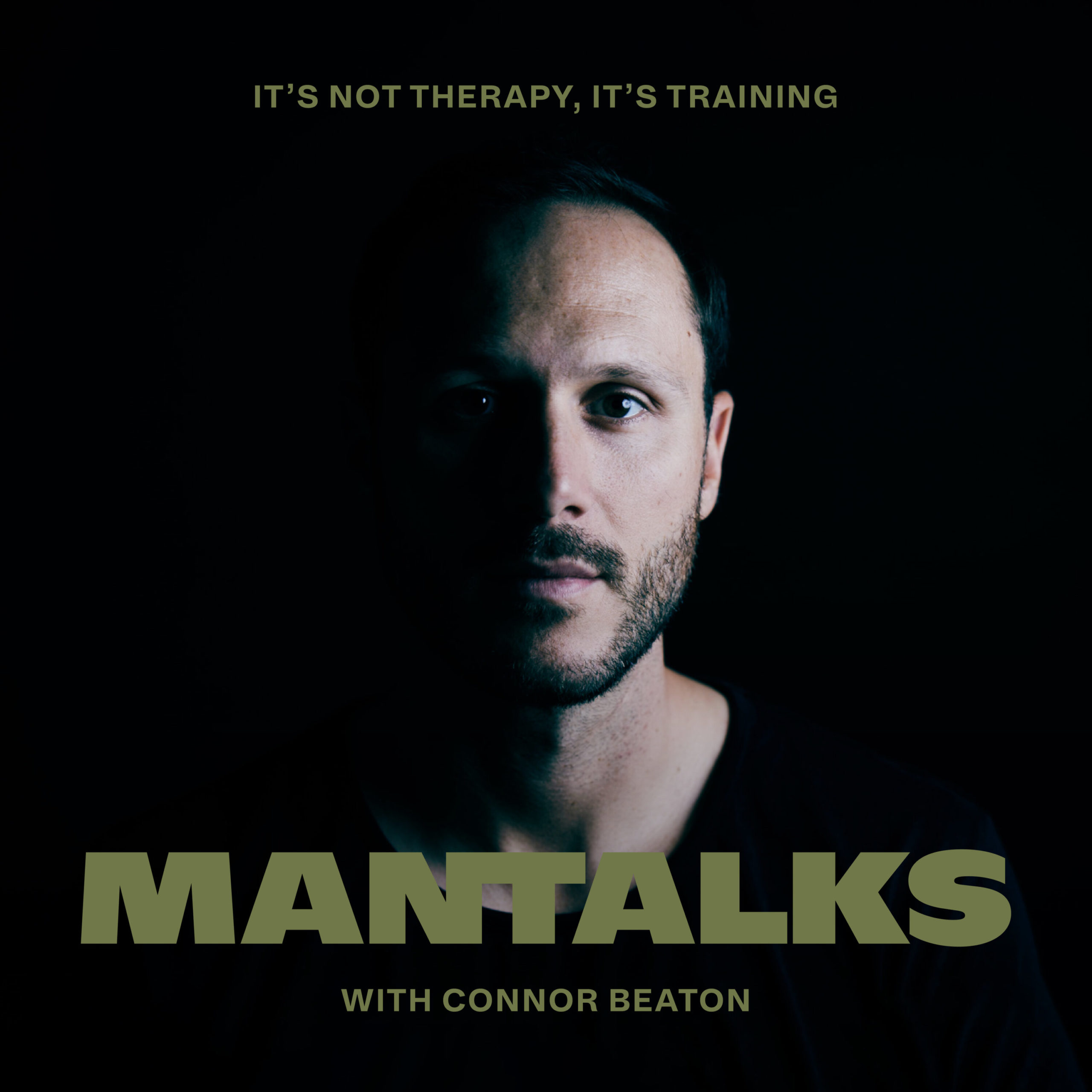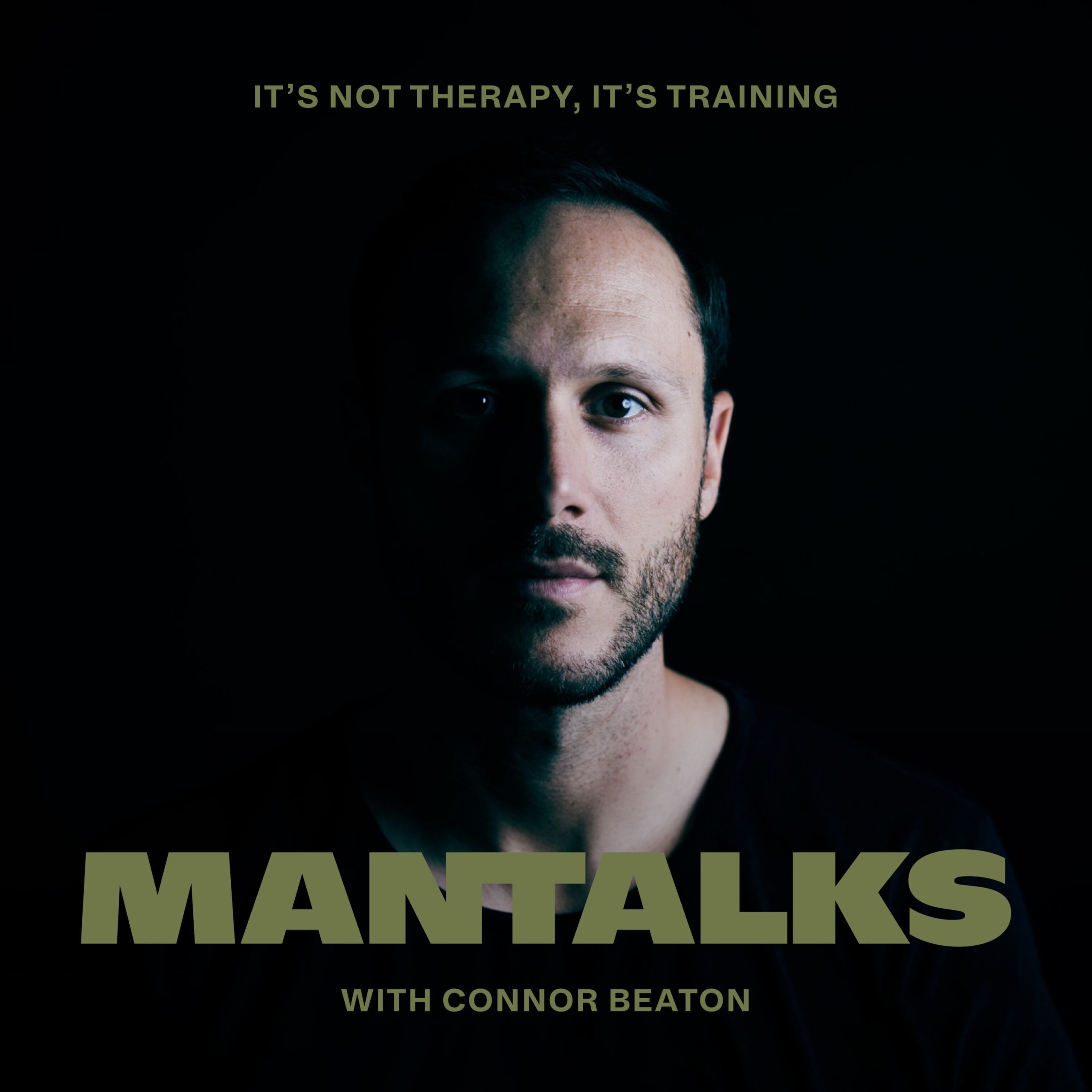11 Books Every Man Should Read
Over the past year I’ve been interviewed on nearly a hundred podcasts, most of them geared towards men, relationships, sex, and intimacy. Most interviewers end by asking me what are the top books every man should read. So, I developed a list of 11 books.
In truth, there isn’t one book to rule them all (ya that was a Lord of the Rings reference).
There isn’t one book that explains masculinity, educates you on mastering the bedroom and the boardroom, all while helping you live a life full of purpose and meaning.
I’ve read hundreds of books about relationships, psychology, sex, intimacy, and masculinity.
So I decided to make a list of the books I believe have the greatest impact on men.
Whether you want to improve your mindset or relationship, find purpose or fulfillment, or grow your bank account, one or more of these books will point you in the right direction.
There is no order. Each book is equally important but for different reasons.
1. To Be A Man by Robert Augustus Masters
Genre: Psychology of Masculinity
This book breaks down the psychology of masculinity. Start here if you’ve ever wondered what it means to be a man, how to be more masculine, or wanted to better understand some of your more primal urges.
Robert Masters has an incredible understanding of the human psyche, especially masculine and feminine dynamics. He has been working with men for decades and in this book breaks down why we do what we do as men.
Read this book and you’ll learn about anger, sexuality, men’s primal side, and the psychology of masculinity.
The book has a clinical stye, but also includes impactful real life stories.
I’m happy to say that I’ll be interviewing Robert on the ManTalks podcast in the next month. So, stay tuned for that episode.
Quote: “The more our self-esteem is tied to our competency or perceived competency, the more debilitating shame will be for us, whether it’s coming from us or from others.”
 2. No More Mr. Nice Guy by Robert A. Glover
2. No More Mr. Nice Guy by Robert A. Glover
Genre: Psychology of Modern Men
Written in 2000, this book is 17 years old and has somehow become more relevant over the past few years.
Glover unpacks how and why Nice Guy Syndrome is detrimental to our culture. He showcases how this cycle causes most men to be unsatisfied in their relationships and work.
I’ve recommended this book to hundreds of men, and the feedback is always the same. It has a profound impact every time.
Within a couple of days I’ll receive a message saying “Wow, how did I not know this?! I feel like this guy is describing me, my life, and my relationship.”
The book doesn’t directly talk about improving intimate relationships, but I can almost guarantee your relationships will improve because of it.
Quote: “Just about everything a Nice Guy does is consciously or unconsciously calculated to gain someone’s approval or to avoid disapproval.”
 3. The Truth by Neil Strauss
3. The Truth by Neil Strauss
Genre: Relationships, Sex, and Intimacy
Yup, it’s written by the guy who wrote The Game… the ultimate book for assholes in the pickup industry.
So, why is this book on the list? Because it is a hilarious and brutally honest dive into sexuality and one man’s pursuit to be a sex God.
Neil talks about his challenges with monogamous relationships, his experiences with polyamory, and his journey to find some semblance of real love in spite of his desire to be a sexual champion.
The book starts with the real life story of Neil checking himself into a rehab clinic for sex addiction because he has ruined his relationship and leads into a deep dive into his psyche.
Whether you’ve struggled with infidelity, questioned your sexuality, or simply want to laugh your ass off while questioning your sexual existence, this book is a must read.
I recommend getting the audiobook because it’s written as one giant story (his story) and is a riveting story to hear.
Quote: “Most people seem to believe that if a relationship doesn’t last until death, it’s a failure. But the only relationship that’s truly a failure is one that lasts longer than it should. The success of a relationship should be measured by it’s depth, not by it’s length.”
 4. Iron John by Robert Bly
4. Iron John by Robert Bly
GENRE: Folk
Iron John is a short story written as a metaphorical “coming of age” of one young man and is widely regarded as one of the most important pieces of literature when it comes to masculinity and understanding men.
The book is rich with symbolism and Jungian archetypes. I recommend reading it then discussing it with a group.
Iron John is often discussed in our mastermind groups because the symbolism shows the different stages men need to go through to reach full potential.
Quote: “What does it mean when a man falls in love with a radiant face across the room? It may mean that he has some soul work to do. His soul is the issue. Instead of pursuing the woman and trying to get her alone, away from her husband, he needs to go alone himself, perhaps to a mountain cabin, for three months, write poetry, canoe down a river, and dream. That would save some women a lot of trouble.”
 5. Way of the Peaceful Warrior by Dan Millman
5. Way of the Peaceful Warrior by Dan Millman
GENRE: Folk/spirituality.
Simply put, this is an incredible story. Dan has a way with words and showcases the importance of mentorship in a story loosely based on his personal life.
It tells the story of a young man coming of age and trying to find his place in the world. He’s an olympic level gymnast and stumbles across an almost mythical mentor named Socrates.
I had the pleasure of interviewing Dan on the podcast for his latest book and was impressed with his balance of spiritual knowledge and intellect.
The Way of the Peaceful Warrior calls you to look at the meaning of your life, why you exist, and what purpose you’d like your life to serve.
Quote: “A warrior does not give up what he loves, he finds the love in what he does”
 6. Meditations by Marcus Aurelius
6. Meditations by Marcus Aurelius
GENRE: Philosophy
There’s nothing like ancient wisdom.
Written around 170 AD, Marcus Aurelius is admittedly one of the first “self-improvement” figures outside formal religion.
These meditations were written in the form of a personal journal and were likely never meant to be published. The Meditations is divided into twelve books that chronicle different periods of Marcus’s life.
The books aren’t in chronological order, as they weren’t written for anyone but himself. The style of the text is straightforward, reflecting Marcus’s Stoic perspective.
If you have ever wanted to see the origins of personal development this is a great place to start. Marcus Aurelius sheds light on Stoicism, confidence, love, war, and countless other themes.
Quote: “Put an end once for all to this discussion of what a good man should be, and be one.”
 7. Ego is the Enemy by Ryan Holiday
7. Ego is the Enemy by Ryan Holiday
GENRE: Philosophy/psychology
While this book isn’t necessarily about masculinity, it is an incredibly relevant topic for any man.
A man who understands his ego and can cultivate enough awareness about the inner workings of his ego will fair better than the man who is unconsciously spending his days driven ego.
Ryan Holiday is a former Director of Marketing for American Apparel turned author.
A committed Stoic, Holiday dives into the wisdom and insight from the Stoics and ancient Greeks along with some modern psychological research to show how we sabotage ourselves with our ego.
This book will pull back the curtain on your behavior and help you understand why you make certain choices, avoid others, and how to properly integrate the ego rather than avoiding it.
Quote: “When success begins to slip from your fingers—for whatever reason—the response isn’t to grip and claw so hard that you shatter it to pieces. It’s to understand that you must work yourself back to the aspirational phase. You must get back to first principles and best practices.”
 8. Essentialism by Greg McKeown
8. Essentialism by Greg McKeown
GENRE: Productivity
Admittedly, I hadn’t read this book until I interviewed Greg on our podcast. After getting off the interview with him, I was amazed at how powerful his simple concept was.
I bought a copy of the book and was hooked. I read through it within seventy-two hours and within the next week had read it again to make sure to implement the concepts.
On the surface it seems the book is about productivity, but it’s really about simplifying life so we can attain a level of happiness and fulfillment most people never understand or achieve.
Quote: “You cannot overestimate the unimportance of practically everything.”
 9. Think and Grow Rich by Napoleon Hill
9. Think and Grow Rich by Napoleon Hill
GENRE: Wealth and Mindset
This is an iconic book. Legendary.
This book has been a game changer for so many people — men and women alike.
Napoleon Hill worked with some of the greatest minds in the early 20th century and had the opportunity to study icons like Andrew Carnegie, Henry Ford, and more.
Hill spent two decades studying some of the most successful and influential people in various industries to understand the psychology of success. And while Hill doesn’t use the word mindset as we do today, this book is about developing and cultivating the right mindset for abundance and wealth.
Think and Grow Rich has sold millions of copies and sparked business masterminds around the globe.
In fact, the ManTalks Mastermind, which hold in various cities around North America are partially based on some of the core principles of this book, as Hill is considered to be the grandfather of the mastermind.
Hill discovered two core concepts:
— An Abundance mindset is crucial for attaining abundance in any form.
— No man does it alone. The most successful men in the world thrive in small groups who support and challenge them to their success.
Quote: “The mastermind principle consists of an alliance of two or more minds working in perfect harmony for the attainment of a common definite objective… When a group of individual minds are coordinated and function in harmony, the increased energy created through that alliance becomes available to every individual in the group.”
 10. Man’s Search For Meaning: Viktor Frankl
10. Man’s Search For Meaning: Viktor Frankl
GENRE: Psychology & Non-Fiction
Ever read a book and been so moved or shocked by the story that you cried? Man’s Search for Meaning is one of those rare books that can shift our core.
Frankl, a psychologist and Holocaust survivor, retells his three-year journey in Nazi death camps. He lost everyone he loved, starved nearly to death, was beaten and terrorized on a daily basis, and faced death numerous times. Yet, he lived to tell about it..
In the dark recesses of his human experience, Frankl found what he believed to be the true meaning of life. Even in the face of torture and inhumane treatment, Frankl was able to dive deep into his own psyche and come out the other side with profound insight on the meaning of life.
This book is a short yet profound read and launched Frankl’s approach to therapy, known as Logotherapy.
If you’re looking for more meaning in life, read this book.
Want a better sense of what your purpose is? Read this book. Want to be humbled by someone’s experience and be reminded how good you actually have it? READ THIS BOOK.
Quote: “Ultimately, man should not ask what the meaning of his life is, but rather must recognize that it is he who is asked. In a word, each man is questioned by life; and he can only answer to life by answering for his own life; to life he can only respond by being responsible.”
 11. Wisdom Of Insecurities by Alan Watts
11. Wisdom Of Insecurities by Alan Watts
GENRE: Spirituality, Philosophy & Spirituality
This book is one of my all-time favourites but is largely unknown.
Many people have heard of Alan Watts, but based on conversation, few have read this book.
As the title suggests, Watts dives into the lessons and wisdom our insecurities offer.
Most men will avoid their insecurities because they perceive them to be a weakness or vulnerability. Watts argues that our insecurities are the way to true strength (emotionally and psychologically).
He says that by exploring that which makes us feel insecure, we can begin to understand it, accept it, process it, and move through it to a deeper sense of confidence.
Quote: “This, then, is the human problem: there is a price to be paid for every increase in consciousness. We cannot be more sensitive to pleasure without being more sensitive to pain. By remembering the past we can plan for the future. But the ability to plan for the future is offset by the “ability” to dread pain and to fear of the unknown.”
Did you enjoy this list? What other wisdom do you want to hear about? What books would you add? And who would you like us to interview for the podcast?
Email me at info@mantalks.ca. Thank you.
To Your Success,
Connor B.















